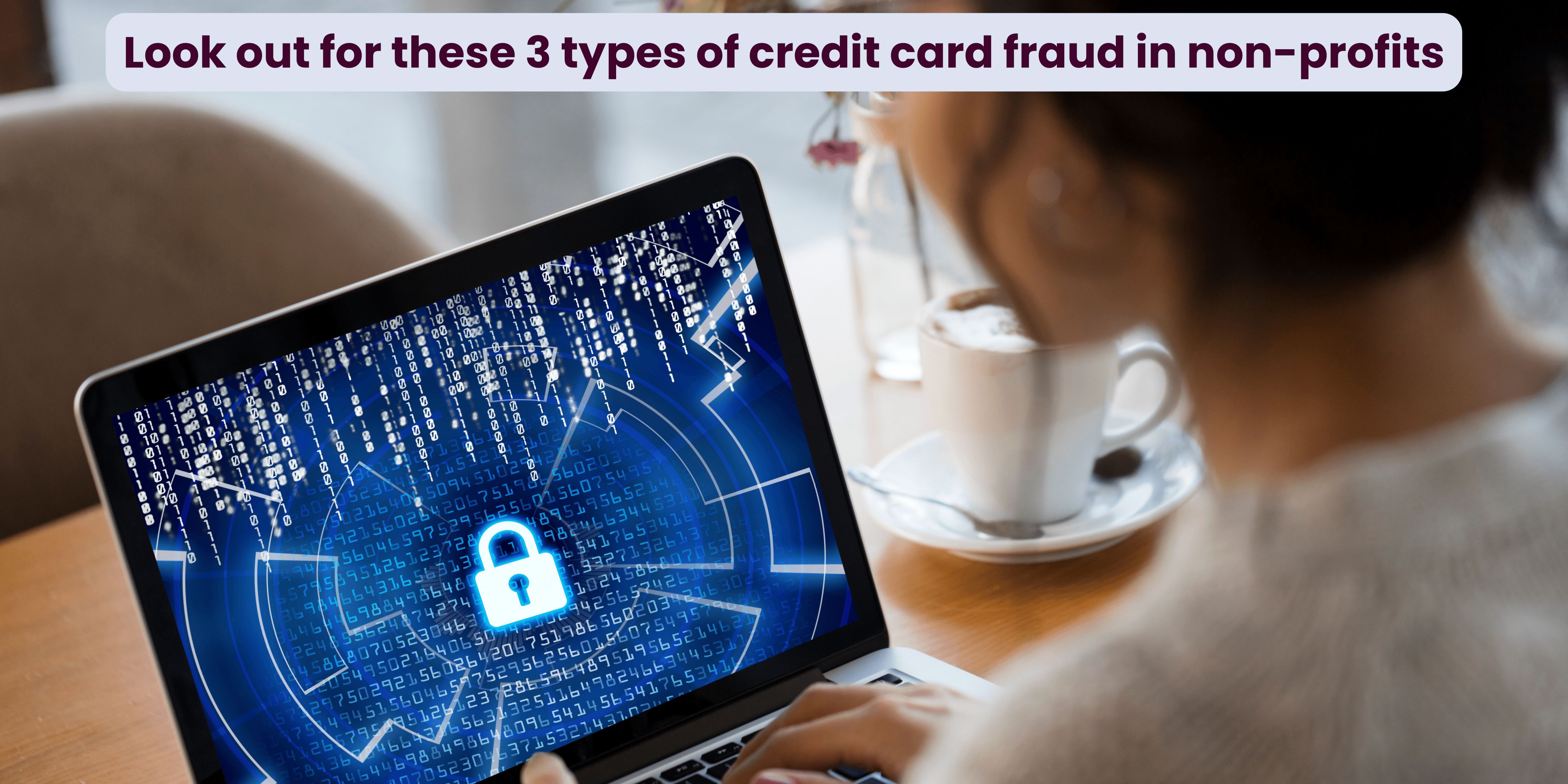Look Out for these 3 types of credit card fraud in non-profits
Cybersecurity
Credit Card Fraud in Non-profits:
Credit card thieves are now major givers to charities, but they aren't doing it out of compassion. Donations to charities are now being used by thieves to test the functionality of the credit card information they have stolen.
Recently, the Red Cross had to repay about $7,500 in US currency. This sum was given to the Red Cross through 700 fraudulent transactions. In addition, the Red Cross must pay employees to monitor the swindle.
These three types of credit card theft in non-profits should be on your radar:
Testing Stolen Credit Card Numbers:
A novel approach to validate a credit card number using a non-profit or a charity.
At first, credit card thieves made insignificant purchases on online shopping sites.
Criminals now started to target non-profit organizations because these platforms are getting better at identifying and banning these transactions.
As a last check to make sure the numbers will function as planned, donations are often made by the individual purchasing the card numbers from dark web carding communities.
Giving a fake check and requesting a refund:
Cybercriminals have a bogus cheque to present to the charity and request that they refund a portion of the money in cash.
For instance, someone might donate $5,000 and then tell you they only intended to give $500, asking you to refund the money on another prepaid card or in cash.
The cheque initially posted to the non-profit's bank account will be returned. However, by that time, the non-profit would have already paid the cybercriminals.
Testing the Card:
A bot that spams non-profit organizations or charity contribution pages with donations every few seconds does automate card testing. They can detect a credit card hit using this technique.
These numbers could be random number combinations rather than those from credit cards that have been stolen.
Once a credit card payment has been approved, the company sells the card's information to other criminal organizations or individuals who then use the card to commit other thefts.
What Safeguards Can Non-profits Take Against Credit Card Fraud?
- Non-profits handling refund requests should exercise caution. Even if you are issuing a refund, be careful to do so in the same manner that you have received the amount.
- Never send money to an account located abroad.
- Always set a minimum donation of $15 or more because scammers rarely test the cards by giving small gifts like $1 or $2.
- Credit cards should not be used to make multiple $1 or $2 donations because no one ever uses them for that amount.
- Check and be cautious about the emails you get for refund requests.
Conclusion:
Unfortunately, due to the way non-profits operate, scammers attempt to take advantage of them. Due to their reliance on donations and their practice of gathering personal information from potential contributors, non-profit organizations become ideal targets for such online threats. You can get assistance from Fourth Dimension Technologies with your major IT problems, such as cybersecurity and infrastructure concerns.
